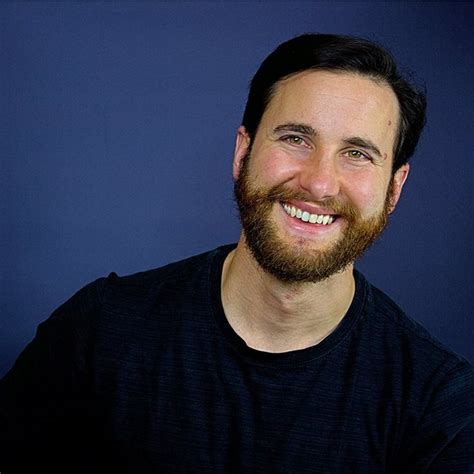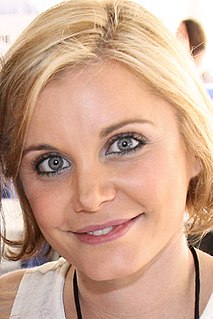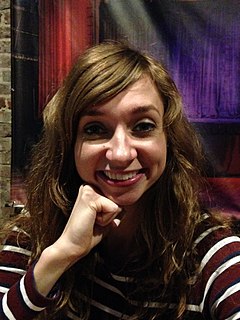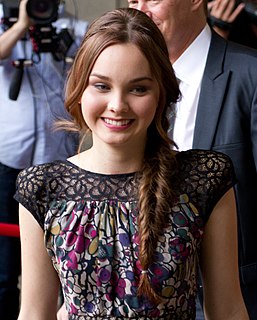A Quote by Matt Bird
It's relatively easy to create an ambiguous character. Any conglomeration of likable and unlikeable traits, chosen at random, will result in an ambiguous character. Getting an audience to deeply identify with a character, on the other hand, is one of the hardest things in the world to do.
Related Quotes
Until a character becomes a personality it cannot be believed. Without personality, the character may do funny or interesting things, but unless people are able to identify themselves with the character, its actions will seem unreal. And without personality, a story cannot ring true to the audience.
On 'Hairless Toys,' I've tried to create an ambiguous character to go with an ambiguous record. She's anything but rock n' roll - she's so not rock n' roll that, in a twisted way, she's kind of radical. She's like someone from my memory, almost like my mother, and she's lost in some space-time between the 1960s and the late '80s.
When you are writing, you have to love all your characters. If you're writing something from a minor character's point of view, you really need to stop and say the purpose of this character isn't to be somebody's sidekick or to come in and put the horse in the stable. The purpose of this character is you're getting a little window into that character's life and that character's day. You have to write them as if they're not a minor character, because they do have their own things going on.
Do not make Mistakes about Character. That is the worst and yet easiest error. Better be cheated in the price than in the quality of goods. In dealing with men, more than with other things, it is necessary to look within. To know men is different from knowing things. It is profound philosophy to sound the depths of feeling and distinguish traits of character. Men must be studied as deeply as books.
I always want the audience to identify with my character in some way. I mean, sometimes you'll get characters that aren't very identifiable. Sometimes you can't relate to your character at all. I think it's important to keep the audience interested. But the best advice that I've gotten is to live in the moment.
You have a certain objectivity, as a member of the audience, and you can come away maybe being provoked into a certain discourse or a certain arena of questioning, regarding how you would deal with things that your character has to deal with. Whereas when you're doing a film, once you start asking, "What would I do?," you're getting the distance greater between yourself and the character, or you're bringing the character to you, which I think is self-serving, in the wrong way. The idea is to bring yourself to the character.
And, for any performer, to be able to go deep into character is fantastic. In film you only get to do that if you're the leading character. But in television you get 18 hours to really test the audience and take them to the edge of how far they will go with this character. I can step over this line and I love that.





































